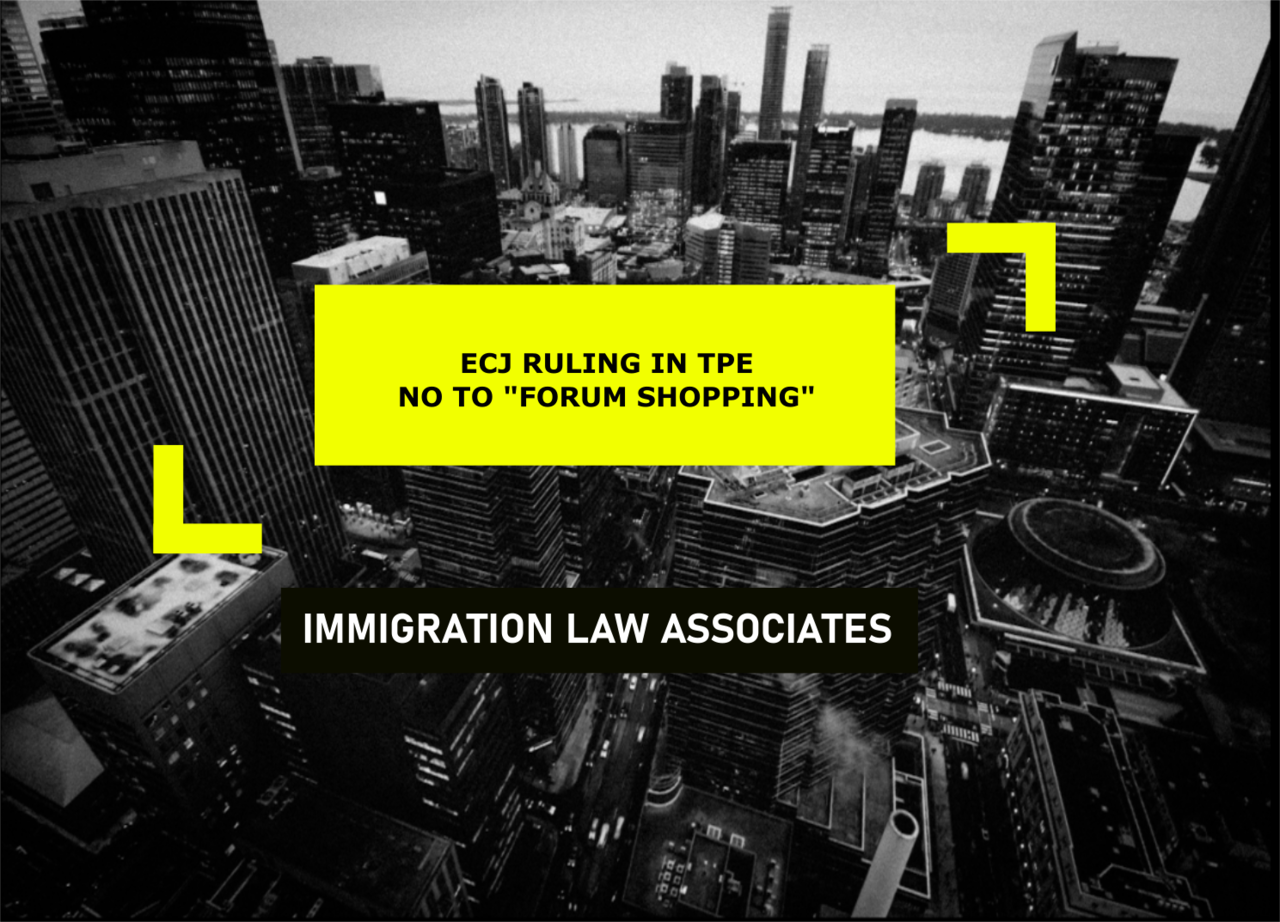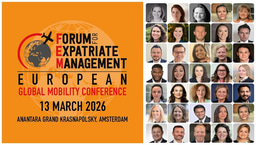ECJ ruling in Team Power Europe- NO to “forum shopping”

The case in the main proceedings
In Team Power Europe (C-784/19), the ECJ is called upon to rule on the interpretation of Article 14.2 Regulation 987/2009, in the context of transnational hiring out of workers.
Article 14.2 Regulation 987/2009 lays down the rules for the application of Article 12.1 Regulation 883/2004, notably the interpretation must be given to the concept of activity normally carried out by an employer in the Member State (MS) of establishment.
In the main proceedings, the Administrative Court of Varna(Bulgaria) has doubts as to the determination of the legislation applicable to a worker employed by a temporary work agency established in Bulgaria (Team Power Europe-hereinafter TPE), and hired out to an undertaking established in Germany, where the activity normally carried out by TPE in Bulgaria is resumed to conclusion of contracts with user undertakings based out of Germany, recruitment, selection, and conclusion of employments contracts with workers hired out exclusively to the latter undertakings.
ECJ case-law
Pursuant to the ECJ case law, a worker hired out by a temporary work agency established in a MS, to a user undertaking established in another MS, remains subject to the social security system of the former MS, provided that the following criteria are met:
- existence of a direct relationship between the temporary work agency and the worker during the posting period
- the temporary work agency normally carries out its activities in the MS of establishment
The concept of activity normally carried out in the country of establishment has been sufficiently clarified by the ECJ in FTS (C-202/97, EU:C:2000:75).
Question referred to the ECJ for preliminary ruling (C-784/19)
The ECJ is called upon to determine whether exclusively conclusion of contracts with user undertakings, recruitment, selection, and conclusion of employments contracts, carried out in the MS in which the temporary work agency is established, shall be deemed to constitute activity normally carried out by the temporary work agency in the latter MS, in the meaning of Article 14.2 Regulation 987/2009 (or alternatively, the temporary work agency must habitually make staff available to user undertakings in the country of establishment).
Opinion delivered by AG CAMPOS SÁNCHEZ-BORDONA
In his Opinion, the AG has suggested a dangerous amalgam between on the one hand, the criteria determining substantial activity in the country of establishment in the meaning of Article 12 Regulation 883/2004 (social security coordination), and the criteria determining whether an undertaking genuinely performs substantial activities other than purely internal management and/or administrative activities in the country of establishment in the meaning of Article 4.2 Directive 2014/67/EU (labour law), on the other.
A kind of “criteria shopping” can lead to regulatory conformance (the manipulation of regulatory rules, despite the compliance with these rules, to generate benefits) on the one hand, and to wide discretion given to national courts in disapplying EU law on the other (see to that extent the Court of Appeal of Caen France, SA Bouygues Travaux Publics and Others-20 March 2017, 15/01327).
The AG has concluded that Article 14(2) Regulation 987/2009 is to be interpreted as meaning that, unless the existence of fraud or abuse is established, in order to consider that a temporary work agency normally carries out its activities in the MS in which it is established, “it is not necessary that a substantial part of its employee placement activity is performed for hirer undertakings established in the same Member State”.
The ECJ ruling
The ECJ emphasises that “although the activities of selecting and recruiting temporary workers are of particular importance to temporary employment agencies, their sole purpose is the subsequent provision of such workers to user undertakings”.
In the same context, “only the provision of these workers to user enterprises in execution of contracts concluded for this purpose with the latter, actually generates___turnover”.
The ECJ observes that an eventual application of the exemption from the principle of lex loci laboris to the case at issue (i.e., application of Article 12.1 Regulation 883/2004 in exemption of Article 11.3 a) the said regulation), “would have the consequence of subjecting to its scope the workers selected and recruited by this agency who carry out their activities mainly, or even exclusively, in a Member State other than the one in which the said agency is established, whereas this same rule is intended to apply only to situations in which a worker carries out, for a limited period of time, his or her activities in a Member State other than the one in which his or her employer normally carries out its activities”.
Lastly, the paragraph 62 shall be considered on its merits “allowing temporary work agencies using the freedom to provide services to benefit from this advantage when they direct their activities of making temporary workers available exclusively or mainly to one or more Member States other than the one in which they are established, would entail the risk of encouraging these agencies to choose the Member State in which they wish to establish themselves on the basis of the social security legislation of the latter, with the sole aim of benefiting from the legislation which is most favourable to them in this respect, and thus allowing "forum shopping".
The ECJ concludes that: Article 14(2) of Regulation 987/2009 must be interpreted in the meaning that in order to be considered as "normally carrying out activities" within the meaning of Article 12.1 of Regulation 883/2004, a temporary agency established in a Member State, must carry out a significant part of its activities of making temporary agency workers available to user undertakings established and operating in the territory of that Member State. .





Please sign in or register for FREE
Sign in OR sign up to become a registered The Forum for Expatriate Management website user
Subscribe here